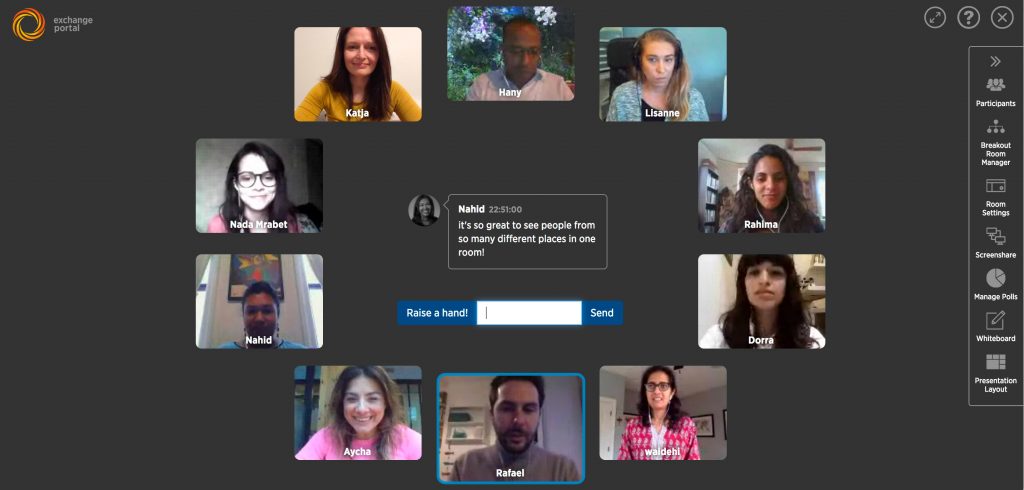Post-Brexit, UK should not overlook the role of ‘technology’ in providing global education
“Everyone for the foreseeable future is going to be developing work and social relationships, based on virtual networking”
On January 8th, the U.K. parliament voted against an amendment that went unnoticed beyond the few students, educators, and policy advocates who took to Twitter in angst.
The amendment insisted that the government maintain full membership in Erasmus, EU’s student exchange programme, and negotiate terms before the transition period ends in December 2020.
What did the vote mean? What indication it gives as to the faith of the UK’s participation in Erasmus+ post Brexit? From the launch of the program in 2014 to 2018, UK projects received €680 million in Erasmus+ funding, and 167,000 participants from the UK benefited from Erasmus+.
Brexit may mean the country rejects globalisation as an economic model but that doesn’t automatically translate into the rejection of global education. After all, the skills and attitudes gained from intercultural and international learning, as well the values it represents such as freedom and tolerance, are as British as they are European.
That is what Chris Skidmore, the minister of higher education in England, hinted when he took to Twitter to clarify the government’s position, saying the vote “does not end or prevent the UK participating in @EUErasmusPlus after leaving the EU. We remain open to participation and this will be part of future negotiations with the EU- we highly value international student exchanges.”
At the same time, the vote also does not mean that the UK will not exit Erasmus fully. Rather, what it means, if one reads between the lines of Mr Skidmore’s tweet, is that conservatives would like to have a free hand to negotiate the terms and will consider limited engagement with the programme.
As policymakers in the UK envision their engagement for the future, they should not overlook a new groundbreaking initiative that Erasmus+ launched in 2018, namely Erasmus+ Virtual Exchange.
Virtual-exchanges are technology-enabled, science-backed dialogue and training models that can laser focus on the key skills and attitudes that are often associated with meaningful intercultural exchanges, such as curiosity, self- awareness around biases and stereotypes, conflict resolution and being able to approach difference with confidence and empathy.
“Virtual-exchanges… can laser focus on the key skills and attitudes that are often associated with meaningful intercultural exchanges”
These, deemed critical employability skills and attitudes, will give any human a competitive edge over intelligent ‘machines’ in the 21st-century job market.
Professor Richard Pettinger, Director of MSci Information Management for Business at the School of Management for University College London, has been participating in the Connect Programme, an online dialogue activity offered under Erasmus + Virtual Exchange, since 2018.
“Over 250 of my information technology, computing and business students have already taken part in this programme. They have established relationships with their peers from countries like Libya, Syria, Morocco, Turkey, Italy, Finland, and Germany without having to get passports or buy plane tickets. The learning, benefits and relevance are immeasurable.
Everyone for the foreseeable future is going to be developing work and social relationships, based on virtual networking and technology-driven contacts. Students find out the truth of work, life, culture and humanity across the globe, demonstrably leading to greater mutual understanding, and all of this is vital to the future of the world”, said Professor Pettinger. ‘’And as technology advances, so does the capacity to develop these relationships everywhere’’.

“Everyone should have the chance to participate, as your assumptions about others will be debunked by this experience”, says Kamil Holek, a 23-year-old student of international management at Warwick University in Coventry.
Kamil has taken part in training to develop virtual-exchange projects with students from Poland and France. The training is designed as professional development for youth workers and university educators.
There are currently 44 countries that are eligible to partake in the project and the list is likely to grow. Erasmus + Virtual Exchange housed 16,000 participants between the years of 2018-2020.
“There are currently 44 countries that are eligible to partake in the project and the list is likely to grow”
The project runs only on a €2 million annual budget, which makes the Erasmus + Virtual Exchange indeed an affordable yet high impact opportunity for young people, an advantage enabled by an innovative application of technology in a way that supports human connection.
Virtual exchanges are not online lectures. They are ‘live’ and interactive sessions, often taking place on custom-designed video-conferencing platforms like the Exchange Portal.
Unlike most social and educational tech innovations, virtual exchanges are pioneered by a collaboration among different disciplines, driven by social entrepreneurs and run by not-for-profit entities, ensuring a social mission orientation.
About the author: Ayca Ariyoruk is a senior manager for Global Partnerships and Communication for Soliya, a not for-profit organization that provides virtual exchange activities.
Leave a Reply